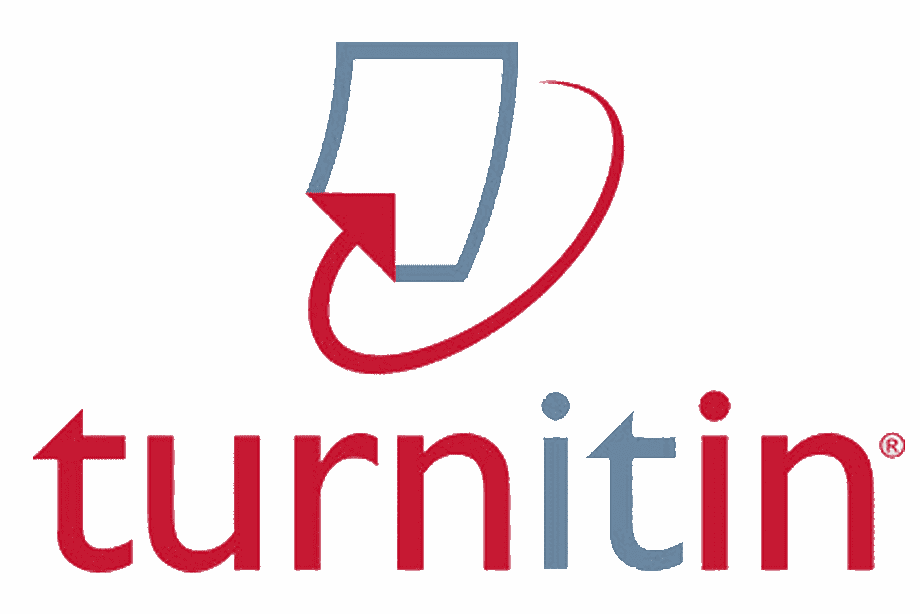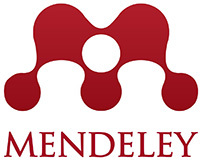Role of Productive Zakat Fund Distribution of Baitul Maal Wa Tamwil in Increasing UMKM Business Capital (Case Study of YBM BRI Office Jakarta Region 1)
Keywords:
Productive Zakat, Increase Capital, MSMEsAbstract
This research focuses on exploring a model for the productive distribution of zakat as a means to boost business capital, particularly for MSMEs. The qualitative method employed involves primary data from direct interviews with various stakeholders, including supervisors, administrators, YBM BRI staff, and MSME actors located on Jl Teen 2 Jatinegara Kaum Pulogadung, East Jakarta. The analytical approach comprises gathering data through interviews, condensing insights from these discussions, and presenting conclusive findings. Prior to receiving assistance from the BRI YBM program, mustahik recipients faced challenges in acquiring business capital due to escalating costs of basic materials. The distribution of productive zakat funds through institutions like Baitul Maal Wa Tamwil can significantly impact managerial effectiveness in bolstering MSME business capital. Several managerial influences have been identified, such as conducting risk and financial assessments. BMT managers must carefully assess risks associated with receiving zakat funds and their distribution to MSMEs. Additionally, there's a focus on recipient selection, training, and mentoring. This approach showcases how well-managed zakat distribution, especially when channeled effectively through institutions, can alleviate economic shortages by empowering MSMEs with essential capital.
References
Arif, M. N. R. Al. (2010). Dasar-Dasar Pemasaran Bank Syariah. Bandung: Alfabeta.
D. Hascaryani, T., Manzilati, A., & S. Fadjar, N. (2011). Metafora Risk and Return Sebagai Dasar Pengembangan Baitul Maal Wa Tamwil (BMT) Yang Mandiri. Journal of Indonesian Applied Economics, 5(1), 1–2011. https://doi.org/10.21776/ub.jiae.2011.005.01.3
Dewi, I. R., Handayani, S. R., & Nuzula, N. F. (2014). Pengaruh struktur modal terhadap nilai perusahaan. Jurnal Administrasi Bisnis (JAB), 17(1).
Djayusman, R. R. (2015). ISLAMIC BONDS: Tinjauan Fikih dan Keuangan. ADDIN, 8(1). https://doi.org/10.21043/addin.v8i1.594
Dr. Euis Amalia, M.Ag., Keadilan Distributid dalam Ekonomi Islam (Jakarta: rajawali Press, 2009), h. 7.
Harahap, S. A. R., & Ghozali, M. (2020). Peran Baitul Mal Wa Tamwil (BMT) dalam Pengembangan Ekonomi Umat. Human Falah: Jurnal Ekonoki Dan Bisnis Islam, 7(1). Retrieved from http://jurnal.uinsu.ac.id/index.php/humanfalah/article/view/4058
Hidayat, Solikhul, ‘Persepsi Masyarakat Terhadap Baitul Maal Wat Tamwil (Bmt) Dalam Pemberdayaan Ekonomi Masyarakat’, Al-Uqud: Journal of Islamic Economics, Vol. 2 No. 2 (2018). https://doi.org/10.26740/al-uqud.v2n2.p198-212
Ismanto, K. (2015). Pengelolaan Baitul Maal pada Baitul Maal Wa Tamwil (BMT) di Kota Pekalongan. Jurnal Penelitian, 12(1), 24. https://doi.org/10.28918/jupe.v12i1.641
Mangkunegara, A. P. (2017). Manajemen Sumber Daya Manusia Perusahaan (Edisi ke-1). Banda Aceh: Remaja Rosdakarya
Mursal, M., Ritonga, M., Sartika, F., Lahmi, A., Nurdianto, T., & Alam, L. (2021). The contribution of Amil Zakat, Infaq and Shadaqah Muhammadiyah (LAZISMU) institutions in handling the impact of Covid-19. Journal of Sustainable Finance & Investment, 1-7. https://doi.org/10.1080/20430795.2021.1886550
Oktavia, R. (2014). Peranan Baitul Maal Wattamwil (BMT) Terhadap Upaya Perbaikan Moral Masyarakat Di Kawasan Dolly Surabaya. An-Nisbah: Jurnal Ekonomi Syariah, 1(1). https://doi.org/10.21274/an.2014.1.1.119-13
Pradja, J. S. (2012). Ekonomi Syariah (edisi ke-1). Bandung: CV. Pustaka Setia.
Sa’diyah, M., & Arifin, M. A. (2014). Pengembangan Produk-Produk Lembaga Keuangan Mikro Syariah. Jurnal Equilibrium, 2(1). https://doi.org/10.21043/EQUILIBRIUM.V2I1.717
Sholihin, A. I. (2010). Buku Pintar Ekonomi Syariah. Jakarta: Gramedia Pustaka Utama.
Soemitra, A. (2009). Bank dan Lembaga Keuangan Syariah. Jakarta: Kencana.
Sudjana, K., & Rizkison, R. (2020). Peran Baitul Maal Wat Tamwil (BMT) dalam Mewujudkan Ekonomi Syariah yang Kompetitif. Jurnal Ilmiah Ekonomi Islam, 6(2), 175. https://doi.org/10.29040/jiei.v6i2.1086
Downloads
Published
How to Cite
Issue
Section
License
Copyright (c) 2024 Silfa Salsabela, Hendrawati Hendrawati

This work is licensed under a Creative Commons Attribution-ShareAlike 4.0 International License.

This work is licensed under a CC Attribution-ShareAlike 4.0 International License

 Silfa Salsabela
Silfa Salsabela
 Sekolah Tinggi Ekonomi Indonesia, Jakarta
Sekolah Tinggi Ekonomi Indonesia, Jakarta







